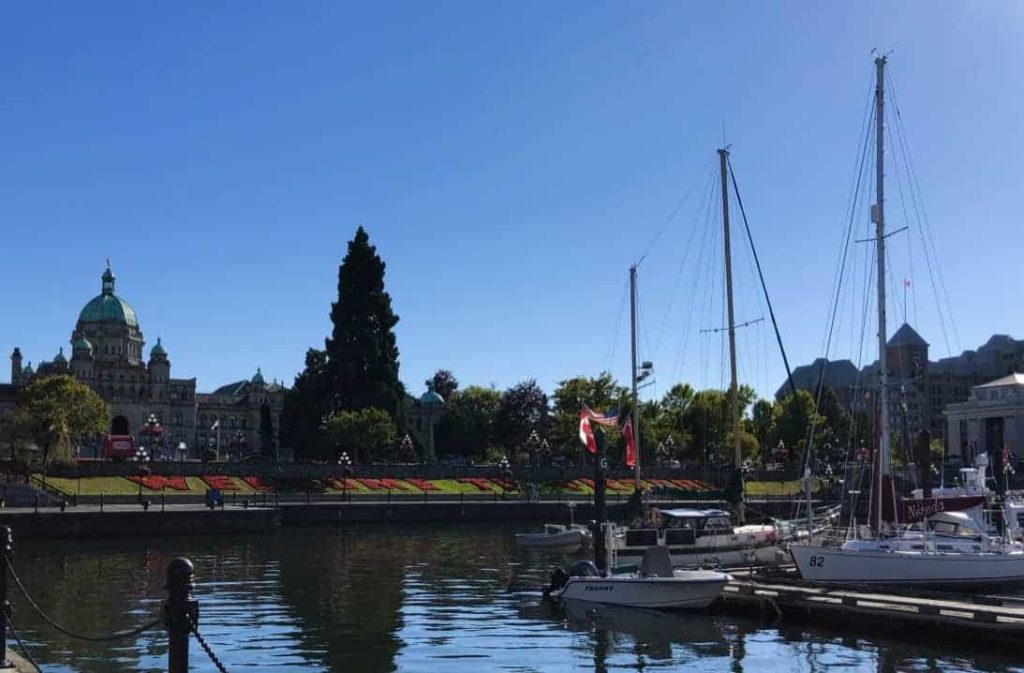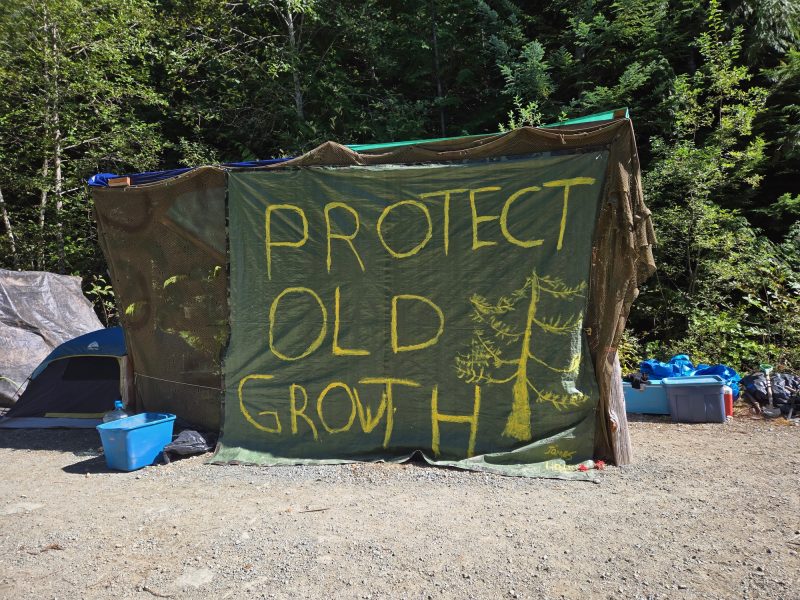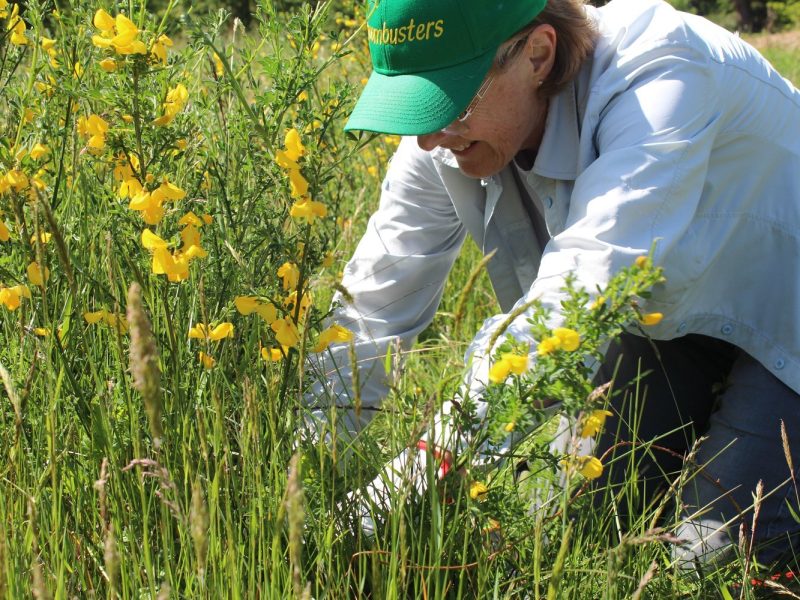
Due to the COVID-19 pandemic, several of the Songhees Nation’s economic projects have come to a halt or had to restructure, according to Christina Clarke, CEO of the Songhees Development Corporation.
During a webinar on Aug. 12, Clarke said the nation has had to think creatively to find new ways to do business. She also said that economic partnerships – such as ones with the Esquimalt Nation and with the Greater Victoria Harbour Authority – have been especially important during difficult times.
The Songhees Nation, along with the Esquimalt Nation and six other agencies, is a member of the Greater Victoria Harbour Authority. It has held membership since GVHA formed in 2001.
Initiatives
The two nations participate in cultural and economic initiatives in partnership with each other and with GVHA. These initiatives can open up pathways for members to work for their own nation. Some shared projects include the First Nations Causeway Artisans Program and a harbourfront kiosk to sell cultural canoe tours.
However, some programs, such as the cultural canoe tours, which is in its first year of formal operation, have had trouble maintaining their business due to social-distancing protocols.
“We were very disappointed not to be able to launch the cultural canoe tours,” said Clarke. “We had intended to hire 17 people. … It’s just not safe to gather, and we have no international tourism.”
In the webinar, CEO Ian Robertson said that the GVHA lost 70 per cent of its revenue this year due to the absence of cruise ships visiting Victoria. He said that one per cent of their operational revenue goes towards “First Nations funds and initiatives.”
According to GVHA’s First Nations engagement manager Judy Kitts, one of those funded initiatives was the development of the canoe kiosk.
Wellness
It is not just the Songhees tourism initiatives that have faced hardship during the pandemic. The Songhees Wellness Centre, which typically offers services and houses the nation’s governance and administration offices, closed on March 12, 2020. It will remain closed until Sept. 1, 2020.
Clarke says the centre is vital for the operation of the Songhees Events & Catering company. According to her, this closure resulted in the layoffs of 14 full- and part-time workers. Some of them have been able to secure other employment.
She says that while caring for their community, the Songhees administration has been focused on “food security for [their] nation members and ensuring that those living in households with vulnerable family members didn’t have to leave to go to high-exposure jobs.”
Resilience
Regarding the Songhees Nation’s initial response to the pandemic, which included the closure of the wellness centre, Clarke said their first thought was to act quickly. She said that this quick action was motivated, in part, due to the nation’s history with epidemics.
The Songhees Nation has survived two different smallpox epidemics in their territory, in the 1780s and 1862, as well as the 1918 Spanish flu pandemic.
Over the last couple of months, the development corporation has maintained some operations, such as the Songhees Food Truck. It currently operates at Ship Point and at different markets in the region. They are also looking for new ways to offer catering services.
In addition to food service, Clarke said that the corporation has recently developed a virtual walking tour that follows the “Signs of Lekwungen” interpretive walkway. As well as this, she says the company is investing in cannabis retail. This decision is in part because the cannabis industry has fared well during the pandemic.
“I think that one of the first things that we felt when COVID began was that our economic development initiatives were not resilient enough,” said Clarke. “A heavy reliance on tourism and hospitality, which seems like a no-brainer in this region … but having some revenue streams that are more impervious to this kind of unrest would be good.”



